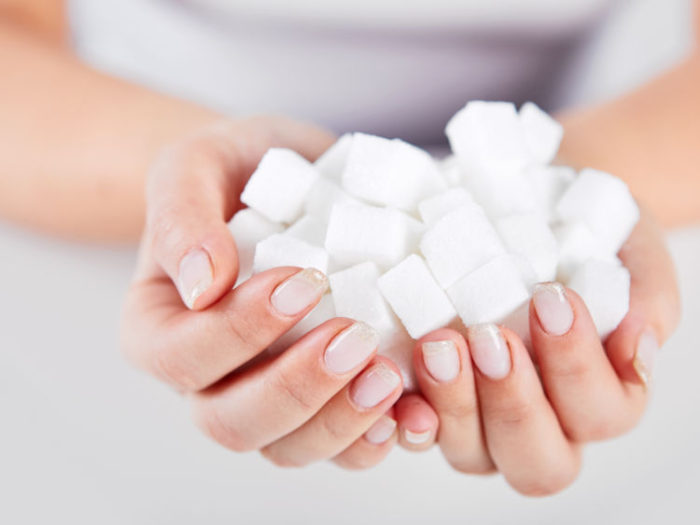

Shops could be banned from selling energy drinks to children, after the government appeared to accept its previous policy to tackle childhood obesity was not good enough.
Proposals include mandatory calorie labelling on menus and a crackdown on junk food advertising, aimed at addressing the fact that one in three children are overweight or obese when they leave primary school.
They come less than two years after the launch of a widely-criticised policy calling for the food and drink industry to voluntarily reduce sugar in their products.
Official estimates suggests obesity across the UK costs the NHS £5.1bn a year, with a cost to the wider economy of £27bn.
Health and social care secretary Jeremy Hunt said: “It is near-impossible to shield children from exposure to unhealthy foods.
“Today we are taking steps to ensure that by 2030, children from all backgrounds have the help they need for a healthier, more active start in life.”
The government said it will launch consultations on a range of measures by the end of the year, in a bid to halve the number of obese children within 12 years.
They include proposals to reduce “pester power” by stopping supermarkets from displaying unhealthy foods at checkouts, aisle ends and store entrances, as well as stopping products high in fat, sugar and salt from being included in buy-one-get-one-free deals.
An end to sales of energy drinks to children, calorie labelling on menus in restaurants, cafes and takeaways, and the introduction of a 9pm watershed for advertising unhealthy products and similar measures online will also be put to consultation.
Sainsbury’s and the British Retail Consortium were among those who criticised the 2016 policy launch for not being tough enough, along with the Kings Fund health think-tank which described it at the time as “unbearably weak”.
The government is not admitting its previous policy, which promised a re-appraisal in 2020, was a failure and has instead re-cast it as “a first chapter”, describing the new policy as a “second wave”.
Ewan McDonald-Russell of the British Retail Consortium told Sky News that businesses accept the need for the government to take firmer action.
“If it brings forward measures and it has clear evidence, we’re going to engage constructively, with the caveat that it has to apply to all retailers, to the whole food and drink industry.”
more recommended stories
 Fentanyl Seizures at Border Continue to Spike, Making San Diego a National Epicenter for Fentanyl Trafficking
Fentanyl Seizures at Border Continue to Spike, Making San Diego a National Epicenter for Fentanyl TraffickingFentanyl Seizures at Border Continue to.
 Utah Man Sentenced for Hate Crime Attack of Three Men
Utah Man Sentenced for Hate Crime Attack of Three MenTuesday, August 8, 2023 A.
 Green Energy Company Biden Hosted At White House Files For Bankruptcy
Green Energy Company Biden Hosted At White House Files For BankruptcyAug 7 (Reuters) – Electric-vehicle parts.
 Former ABC News Reporter Who “Debunked” Pizzagate Pleads Guilty of Possessing Child pδrn
Former ABC News Reporter Who “Debunked” Pizzagate Pleads Guilty of Possessing Child pδrnFriday, July 21, 2023 A former.
 Six Harvard Medical School and an Arkansas mortuary Charged With Trafficking In Stolen Human Remains
Six Harvard Medical School and an Arkansas mortuary Charged With Trafficking In Stolen Human RemainsSCRANTON – The United States.
 Over 300 People Facing Federal Charges For Crimes Committed During Nationwide Demonstrations
Over 300 People Facing Federal Charges For Crimes Committed During Nationwide DemonstrationsThe Department of Justice announced that.



